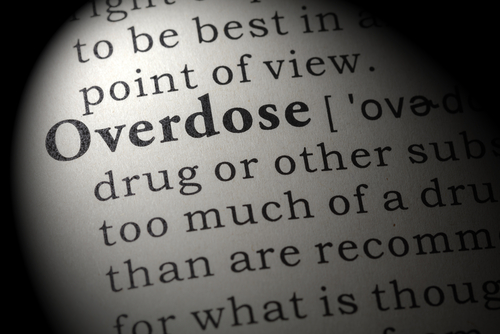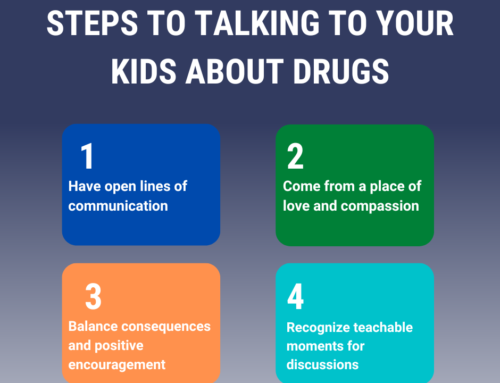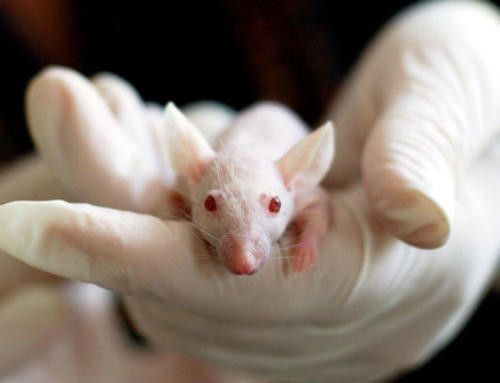Drug overdoses can be very scary to see as overdoses always have the potential to be fatal. The symptoms of overdosing on stimulants or depressants can be not breathing, vomiting, convulsions, severe disorientation, high temperature, or going unconscious. In 2016, the Centers for Disease Control and Prevention said 64,000 people overdosed. If you see someone overdosing in front of you, call 911 and do your best to resuscitate them.
You might be scared to call 911 because you might be thinking that your friend will recover on their own, this happens a lot, you never wanted to be in this situation, you do not want your parents to find out, or you can get in trouble for giving your friend the drug. When it is a matter of life and death, you should do whatever it takes to save your friend and not worry about the consequences or you will regret not doing anything. Do not withhold any information from the police or medical professions so that your friend can be properly treated. If your friend is unconscious and barely breathing, rub your knuckles hard over their chest bones and call 911. When you call 911, be as descriptive as possible to the police such as the symptoms your friend is showing, what drug, how long ago the drug was taken, how much drugs were taken, and who else the police can contact.
While you wait for the police, try some rescue breathing on your friend to keep them breathing. Tilt their head, lift their chin, pinch their nose, seal their lips, and give two quick breaths in their mouth. Make sure to give a long breath every five seconds. Naloxone is a great life-saving solution to reverse the effects of the opioids. There is intranasal Naloxone where you spray half into each nostril. With injectable Naloxone, you draw 1cc in a syringe and inject it in a major muscle like the buttocks, thighs, or shoulder. Continue to do rescue breathing while you wait for the Naloxone to take effect. If your friend is unresponsive for three to five minutes, give your friend another Naloxone. Remember that Naloxone is only to be used in emergency situations and it is not the cure for opioid addiction. Hopefully once your friend is recovered from their overdose, they will go into treatment in order for something like this not to happen again.
Located in downtown Midland, The Springboard Center’s mission is to offer programs and services to treat alcohol and drug addiction treatment using an evidence based curriculum, 12 step programs, diet, nutrition, exercise, emotional, mental and spiritual development for a long recovery. For more information, please call us at 432-620-0255 as we are open 24 hours a day, 7 days a week.




